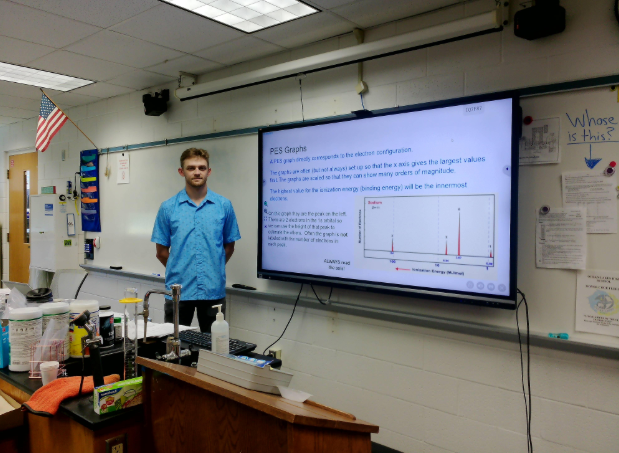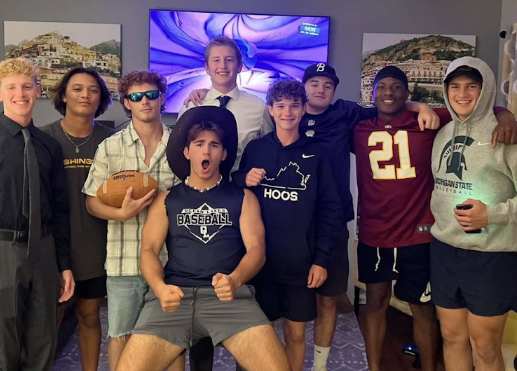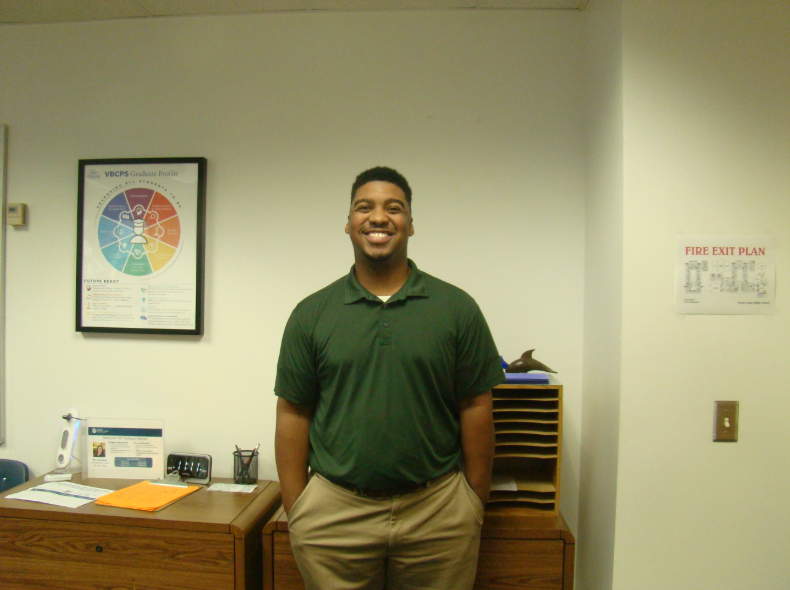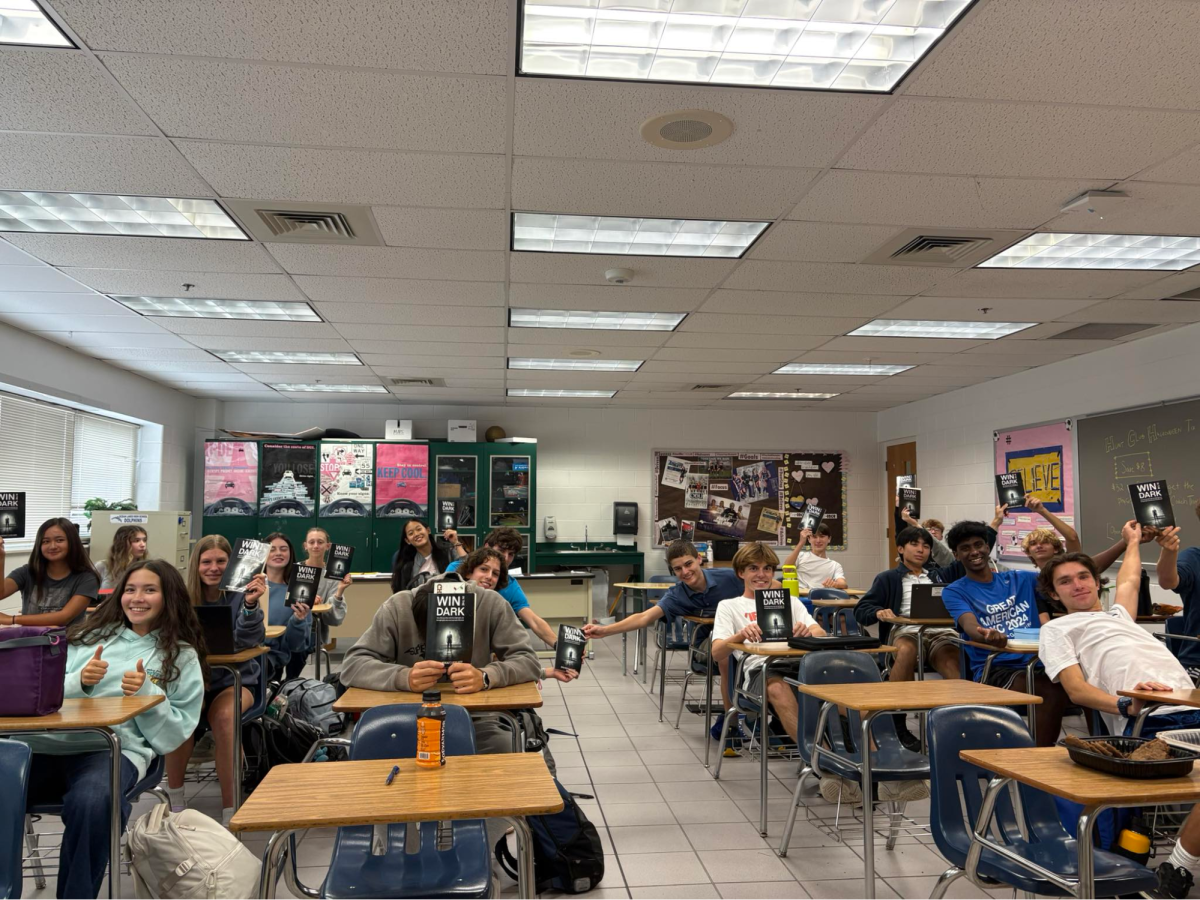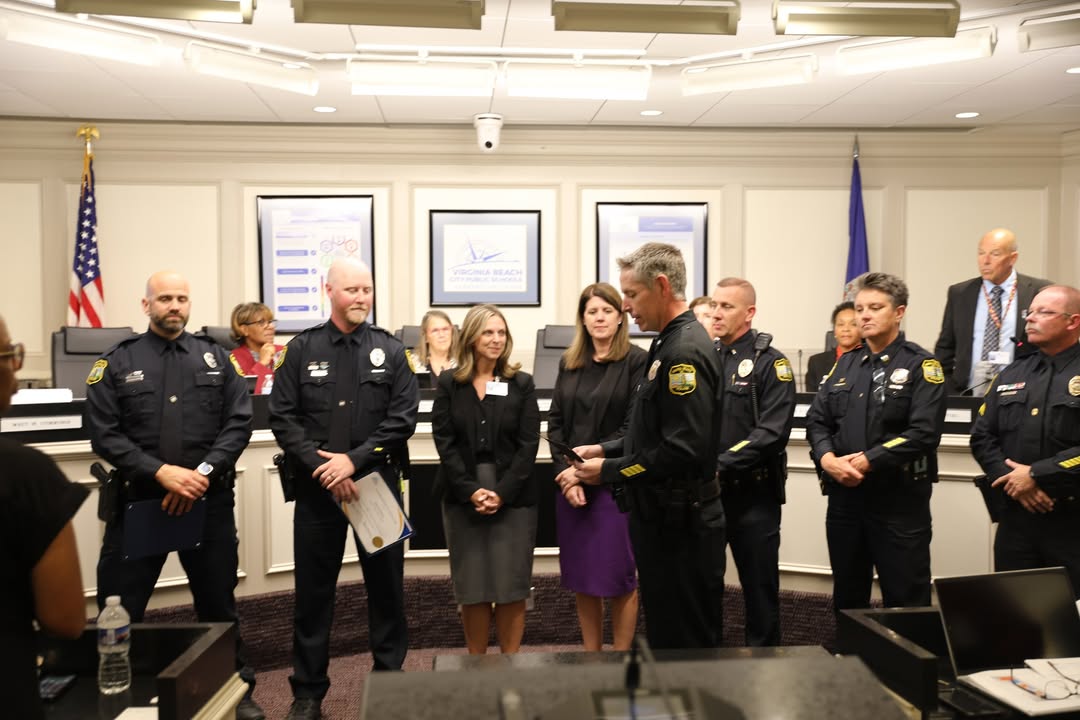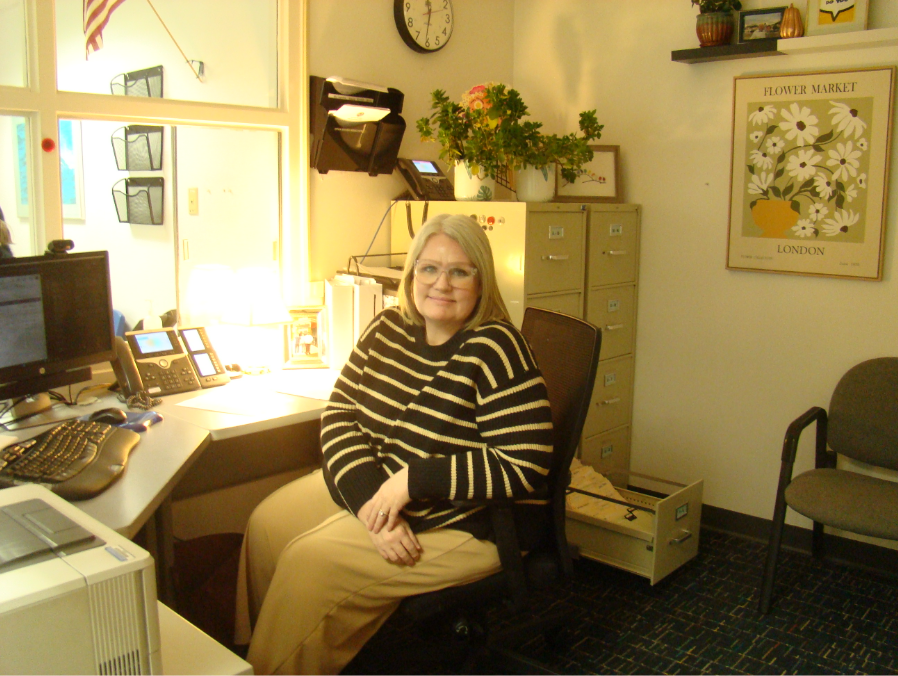Telling the future: How Ashlee Vance brings tomorrow’s tech to life through storytelling
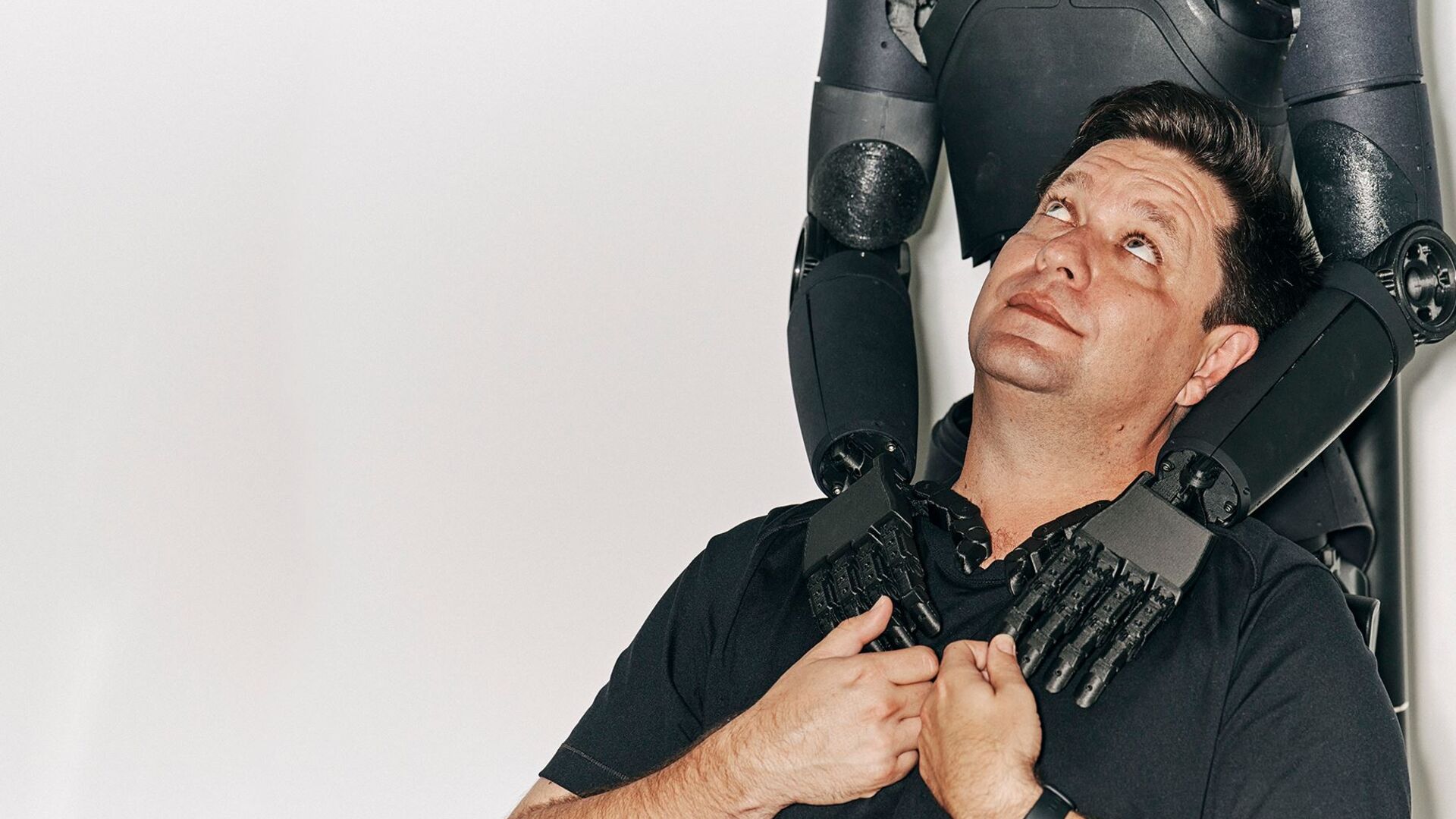
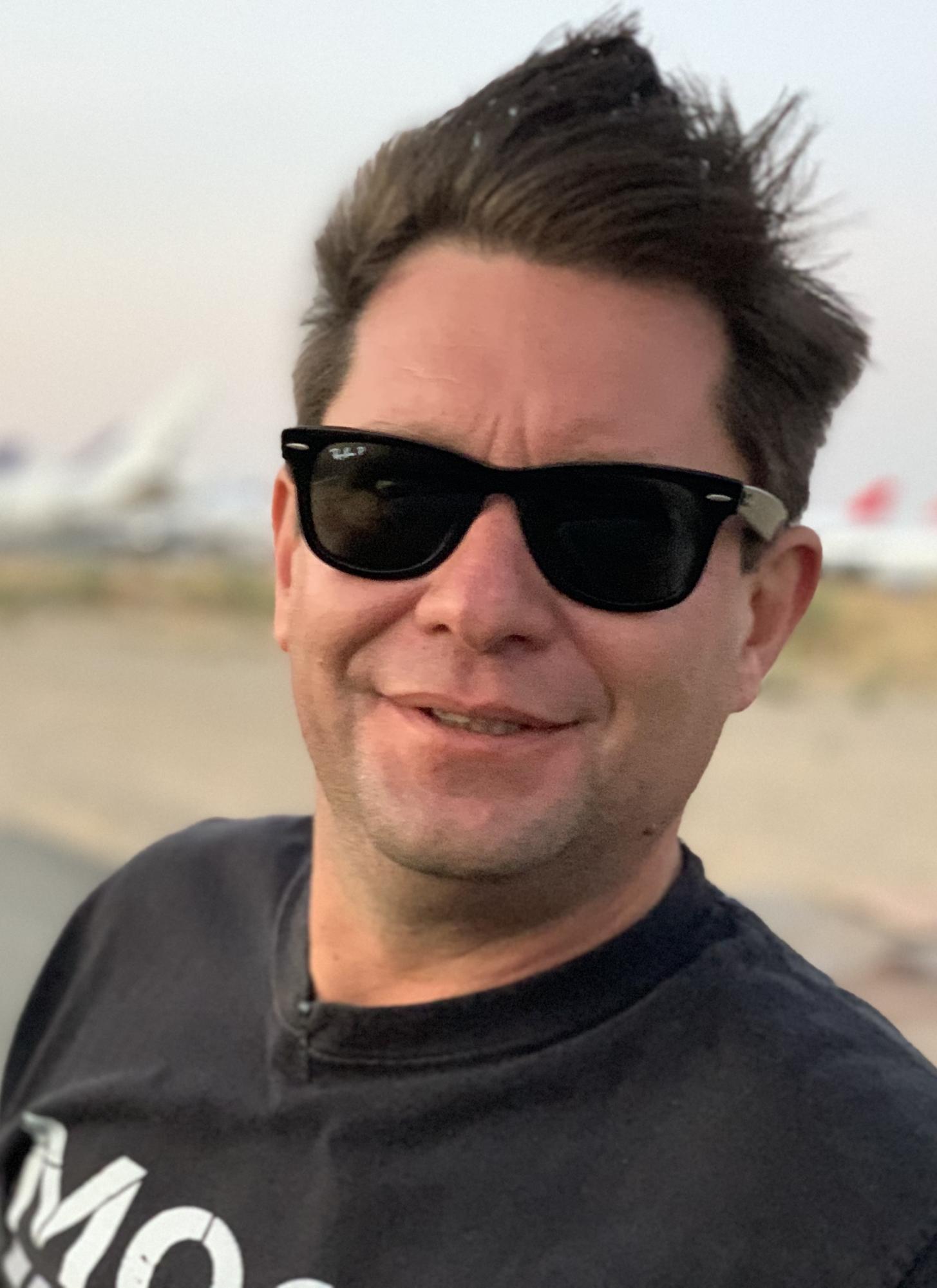
“I’m actually on my way to meet Sam right now!”
In the context of our discussion on artificial intelligence (AI) and tech-related journalism, it took a moment for that to register. He was on his way to meet the famous, eccentric and oft-criticized founder of OpenAI: Sam Altman.
Who is this man, and why was he interviewing one of the pioneers at the forefront of the AI revolution?
Meet Ashlee Vance, renowned reporter, avid filmmaker, published author and ex-TV host. He garnered critical acclaim for his biography of Elon Musk titled “Elon Musk: Tesla, SpaceX and the Quest for a Fantastic Future” as well as his TV show “Hello World” and recent Netflix documentary “Don’t Die.” Though Vance has worn many hats over the course of his career, one theme remains constant: his ability to merge technology and profound storytelling. I interviewed Vance to learn more about his journey, his involvement in tech journalism and his thoughts on the future of the field in the face of AI.
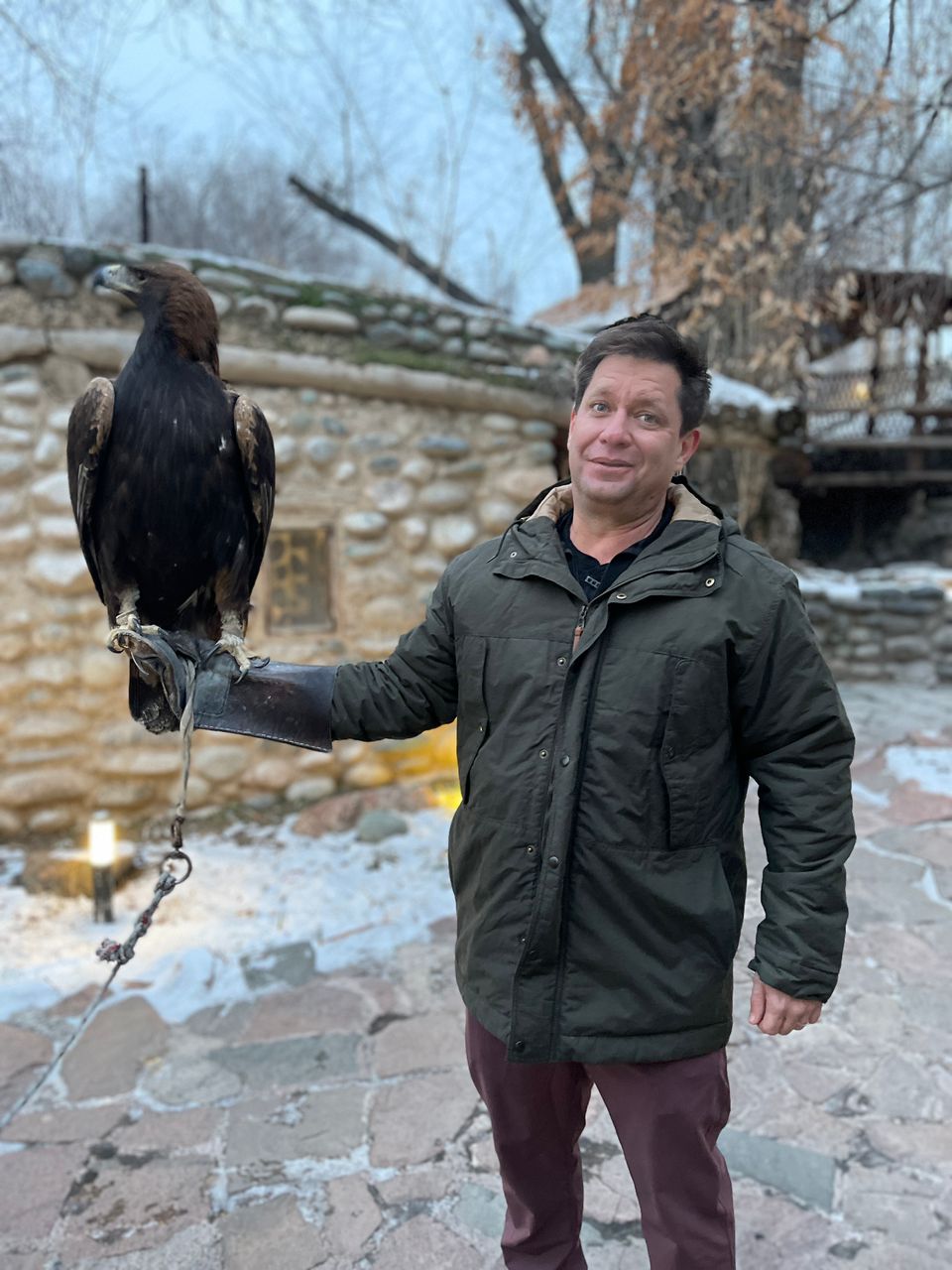
Vance began his writing journey in high school, but according to him, getting into the journalism field was completely accidental.
“Going back as far as I can remember, especially in high school, I always loved writing,” Vance said. “I thought I’d be a writer, but I was pretty idealistic.”
Later on, between his sophomore and junior years of college in Los Angeles, he applied to a few internships. He got the job with a technology-trade publication called Information Week, and thus began his introduction to journalism, specifically STEM-related coverage. As a philosophy major, it was a huge switch, so he began self-studying and researching technological concepts in order to better understand his job. As he pored over textbooks, everything started to come together.
“The feeling was really good seeing your own work,” Vance said. “That was the first time I thought about being a reporter. I really enjoyed it.”
What he initially thought was a one-time internship turned into a passion. Instead of continuing with Information Week, he began to look into other options, especially with the dot com boom in full swing. He eventually took on a competing job at their rival for an international correspondent position, reporting on semiconductors and chips.
“What I discovered is that I really like talking to the engineers more than the executives of these companies, and the more that I actually dug into the technology, the more conversant I was,” Vance explained. “I got really into it.”
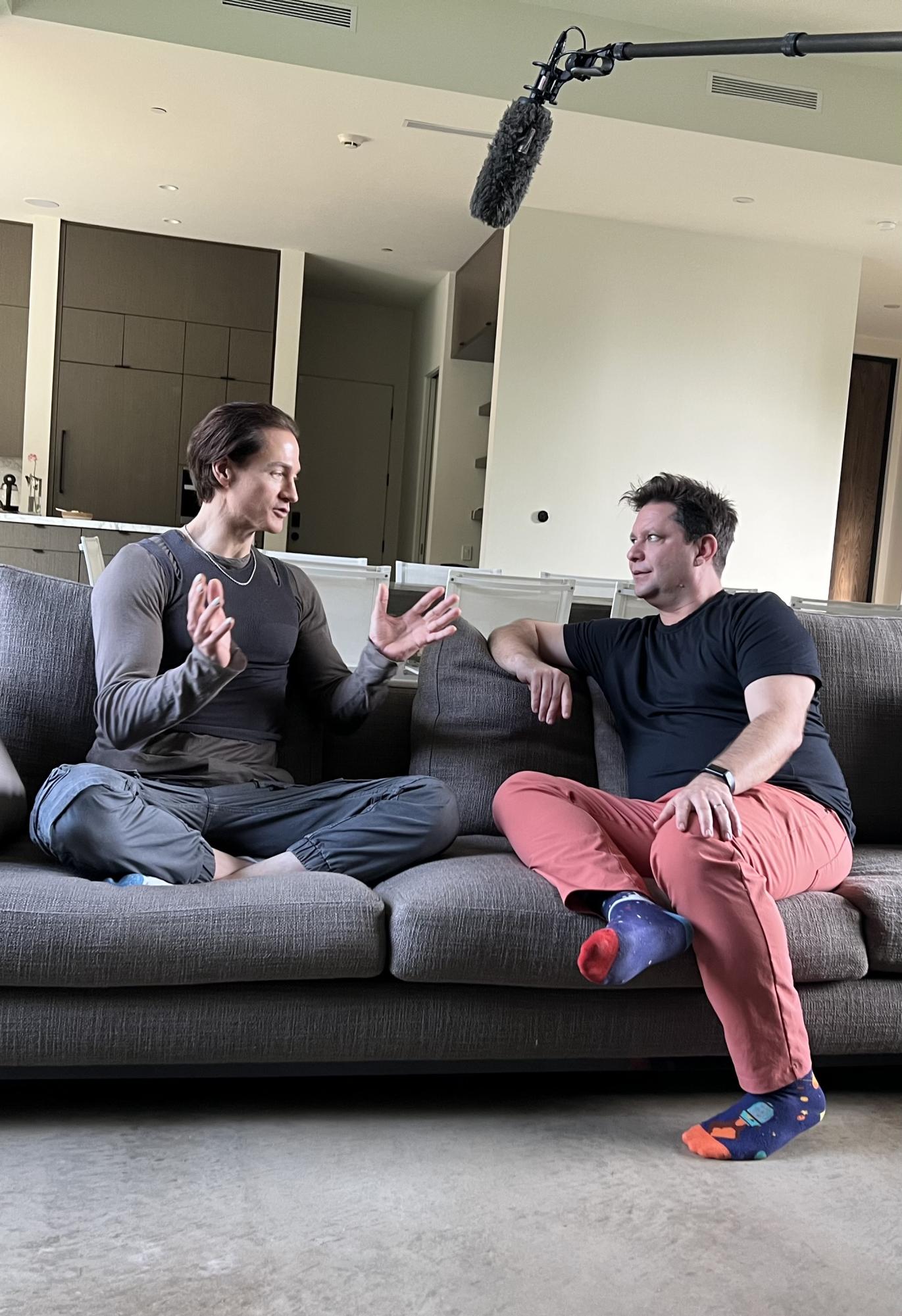
As he grew increasingly skilled in writing science communication pieces at the New York Times, Vance decided to dabble in more of the long feature columns to cultivate his desire to dive deeper into each topic.
“I had this opportunity to go to Business Week and just become a magazine feature writer writing 5000 word stories,” Vance said. “That was exactly what I wanted to do, where you get to spend months on a story and really learn something. That’s when I did my biography on Elon Musk from around 2012 to 2015.”
The book, “Elon Musk: Tesla, SpaceX, and the Quest for a Fantastic Future,” became a bestseller, with high reviews from readers as well as critics from the likes of the Wall Street Journal for its deeply researched, unbiased and insightful take on the eminent, yet mysterious science entrepreneur. However, the three-year process was quite intense for Vance, and after he finished the project, he had an innovative idea for a new medium of science communication.
“I just wanted to do something different. I kept going on these magazine trips and I was like ‘oh well I can write about this, but some of these things are so visual,’” Vance said. “Somebody should do a travel tech show. Nobody’s doing this, and I keep seeing really interesting things.”
Thus came the birth of “Hello World,” a TV show following Vance “on a quest to find the freshest, weirdest tech creations and the beautiful freaks behind them,” according to Bloomberg. With a small group of about four to five people and almost no prior experience shooting videos, they hustled to make the dream come true. The first season was immensely successful, and soon, “Hello World” became the most viewed TV show on Bloomberg and got nominated for an Emmy.
“I really enjoyed doing that; it was a very different experience,” Vance said. “Writing, especially books, is a very lonely, solitary experience, but this was a chance to work with a group of people and collaborate.”
After a few years of working on “Hello World,” Vance decided to pursue another longtime dream of his to make a documentary. After all, with filmmaking experience under his belt, his pitch would be taken more seriously.
“I’d always wanted to make a documentary film since I was 18; it was just something I wanted to do,” Vance said. “So I raised some money, and I did a movie based off my most recent book called ‘Wild, Wild Space,’ which went on HBO.”
That film was his gateway into the field. With the money he raised, Vance was able to hire a camera crew and cover traveling expenses. This eventually led to his next film, “Don’t Die,” which recently premiered on Netflix. It follows wealthy tech entrepreneur Bryan Johnson and his quest to leverage the top scientific resources to defy all limits and reverse the ageing process. In the wake of the largely positive reviews and inquisitive reception, Vance quit his job at Bloomberg in January 2025 to start his own film and TV production company: Core Memory.
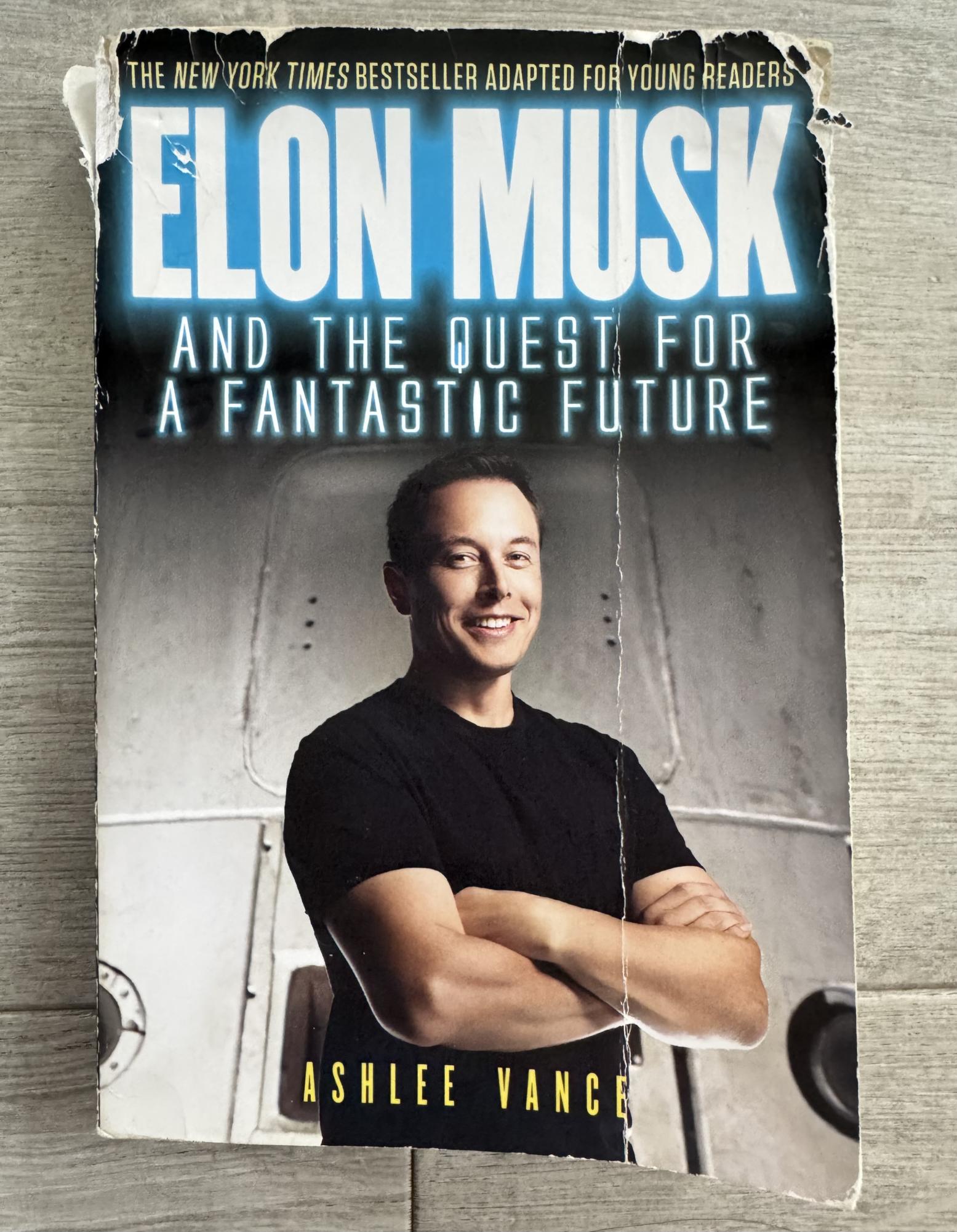
When asked about his “secret sauce” for writing and producing such acclaimed projects, Vance shone a light on his process for communicating complex topics in a digestible manner.
“I usually try to find a very interesting person behind the technology to get people interested in their journey,” Vance said. “Then, you start unpacking the technology. Find a story first; it sounds really tight and simple but it always revolves around a character and a strong personality.”
This theme of profound storytelling is evident across all his works. In his book “When the Heavens Went on Sale,” Vance follows four trailblazing companies — Astra, Firefly, Planet Labs and Rocket Lab — as they attempt to rapidly build cheap and effective space systems to democratize the realm of aerospace engineering and exploration. He expertly weaves a myriad of first-person accounts together as he chronicles the journey between multiple locations worldwide, including California, Texas, Alaska, New Zealand, Ukraine, India and French Guiana. Oftentimes, Vance gets an insider’s view of the eccentric visionaries at the core of such companies.
“The thing that will crack you up the more you do this is you see these figures and you think they must be some sort of extraordinary genius and that they must be exceptional,” Vance said. “On one level, they are, but what you start to learn is that they’re just like everybody else. There’s just some people that really, really choose to chase their dreams and put them into action… I would say the unifying thing is just that they try. They’re willing to work very hard for what they think is important to them.”
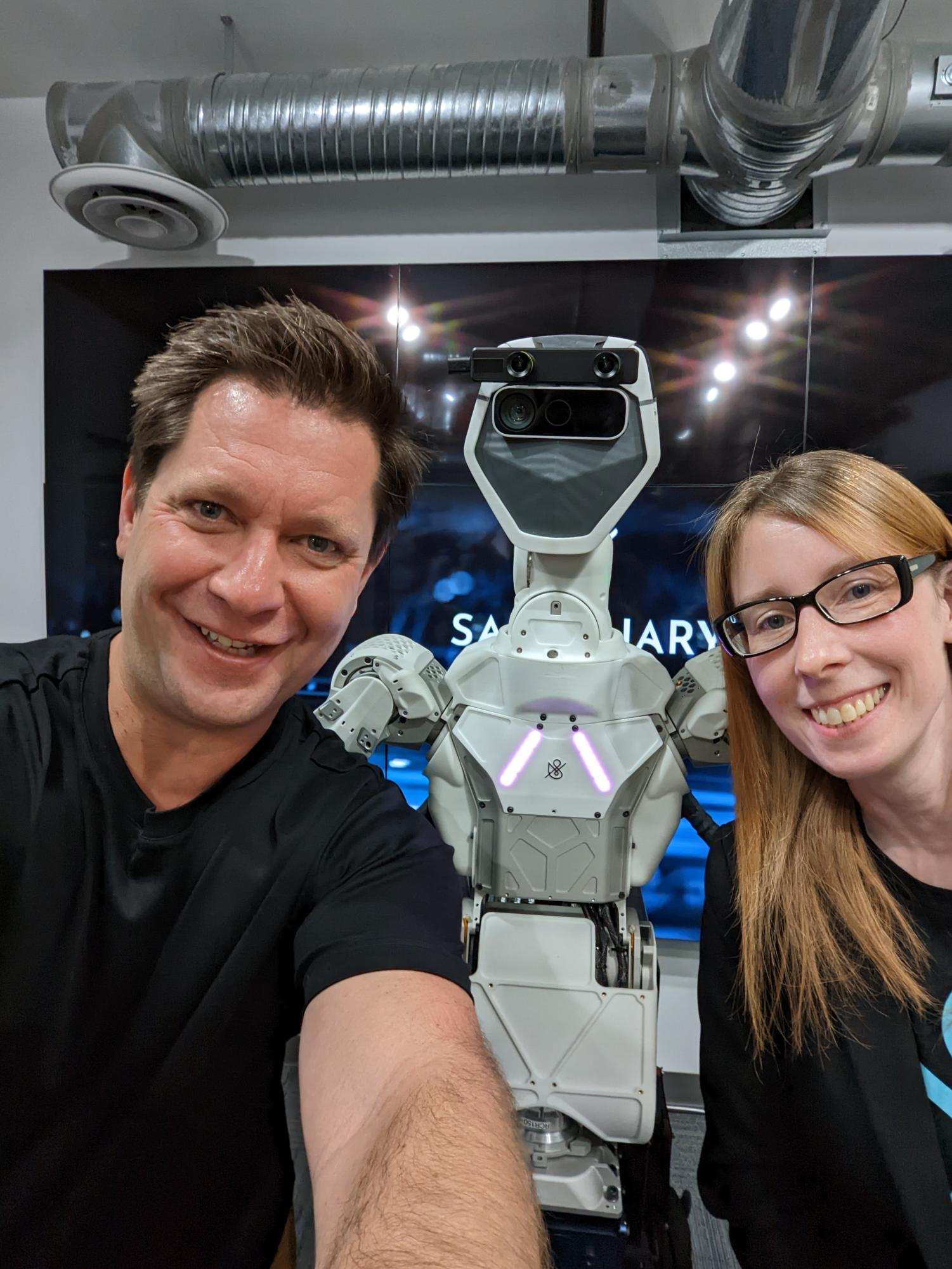
With all this talk of the future, one topic inevitably comes up: artificial intelligence (AI). It’s evident that AI has many positive uses: disease classification, diverse education, task automation and more. However, some argue that its begun to disrupt the realm of writing. Creativity is often stemmed in favor of AI-generated text that seems wonderful on the surface but fails to truly capture human complexities. It is crucial, therefore, to distinguish exactly how to use AI to an advantage, and as a journalist, Vance has an interesting take.
“I don’t use it to write. However, I’m actually working on a book about AI right now, so I’m playing with the technology all the time,” Vance said. “It’s helpful, though. If I’m doing the rocket book, for example, and I wanted to explain what “max Q” is, I found that you can get a little reminder on exactly what it is with some of the technical bits. It’s like having a little research helper at your disposal.”
Unfortunately, from time to time, even Vance feels the shadow of AI looming over journalists and the communications field as a whole. There’s talk of AI replacing many jobs that were previously human-centered, and unfortunately, news has been targeted in this aspect. Interestingly, it doesn’t seem that this shift is happening anytime soon.
“Sometimes I get a little depressed; it’s not the best paying job at all. It’s very competitive and as you mentioned, this whole specter of AI is hanging over… I fully assume it will replace [many] of the lower level journalism jobs,” Vance said. “But you know, it’s been the greatest. I can’t imagine doing anything else. In the last three months, I’ve worked seven days a week for around 18 to 20 hours a day. I just love it.”
True passion seems to be the driving force in the modern world, an island of purely human determination in a sea of ever-changing technology. Accordingly, Vance has some advice to students who’d like to follow a similar path.
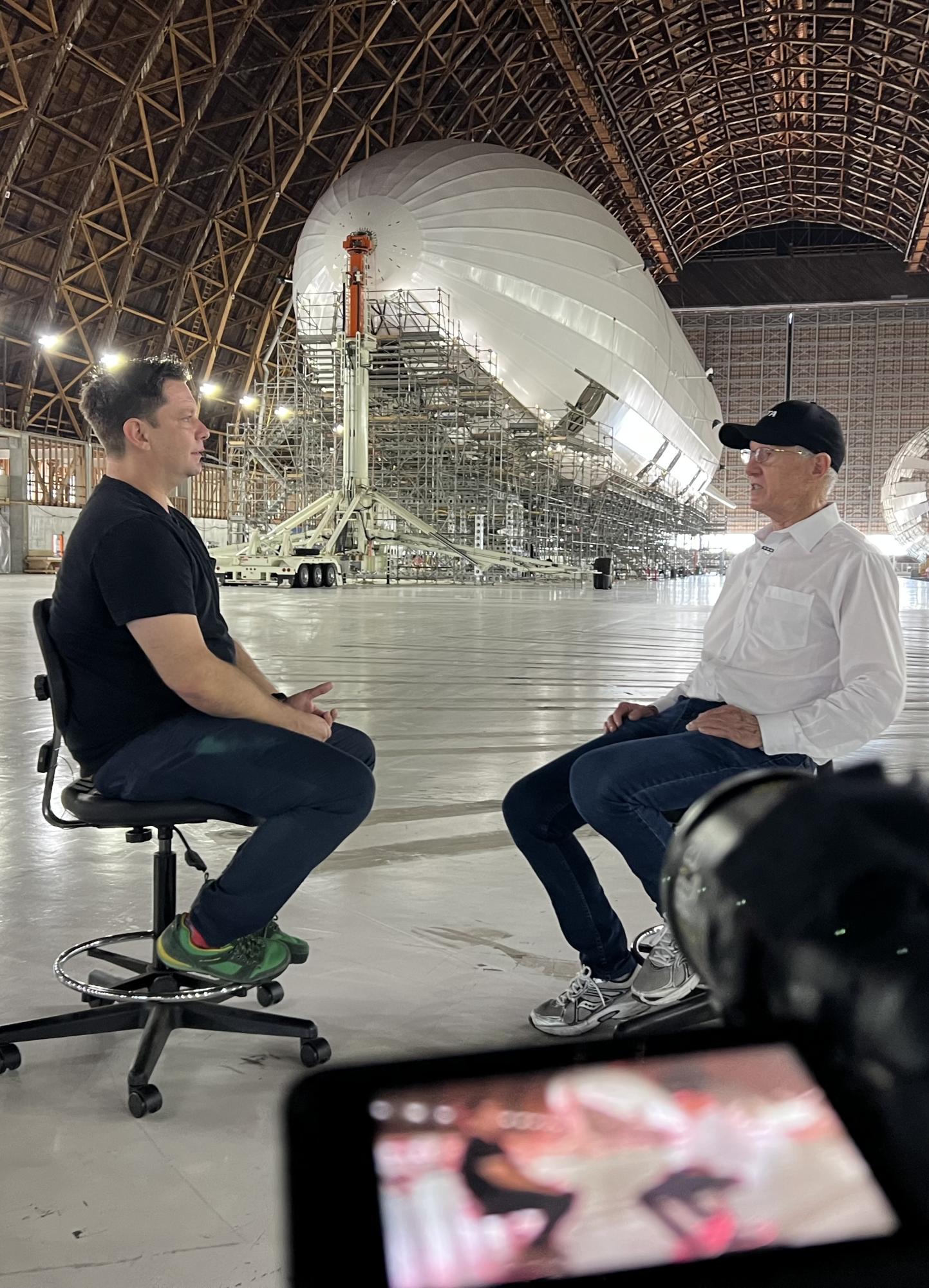
From a high school writer to a philosophy major to a tech journalist and now an entrepreneur, Vance has experienced a wide range of career paths. In the end, he had the rare opportunity to merge his multiple passions into his job, which eventually led to the founding of Core Memory. When asked what advice he’d give, Vance encourages readers to always keep the doors of opportunities open.
“If I could go back in time, I liked philosophy up to a point, but I wish I had majored in maybe biology or a science, just because I think it would’ve helped me a lot later,” Vance said. “When I’m doing some of my writing, I think it’s great to have these different windows into the world and feel like you’ve got a really good foundation in both technical and non-technical stuff.”
Such advice largely depends on a person’s intended job or career path as well, but ultimately, Vance believes that it pays off to be well-rounded. He noted that from his experience, the successful people he’s interviewed are less likely to be prodigious in a specific area and instead draw on their large repertoire of diverse knowledge. It’s not just technical knowledge that is necessary, though; the demand for creative and innovative minds, especially in the era of AI, has skyrocketed. It is this uniqueness that allows certain people to set themselves apart.
To add on to the themes of passion and holistic perspectives, Vance emphasizes the importance of curiosity and a persistent sense of wonder, especially in his particular field.
“You get to experience the world in a way that nobody else really does, and if you’re a curious person who’s interested in ideas and people, it’s amazing,” Vance said. “It’s an extraordinarily exciting time. I suspect some people who are stuck emailing others and sitting at their desks will lose their jobs pretty quickly, but the ones who get out in the world, go meet people face-to-face, develop relationships and explore… I think they’ll do pretty well.”

